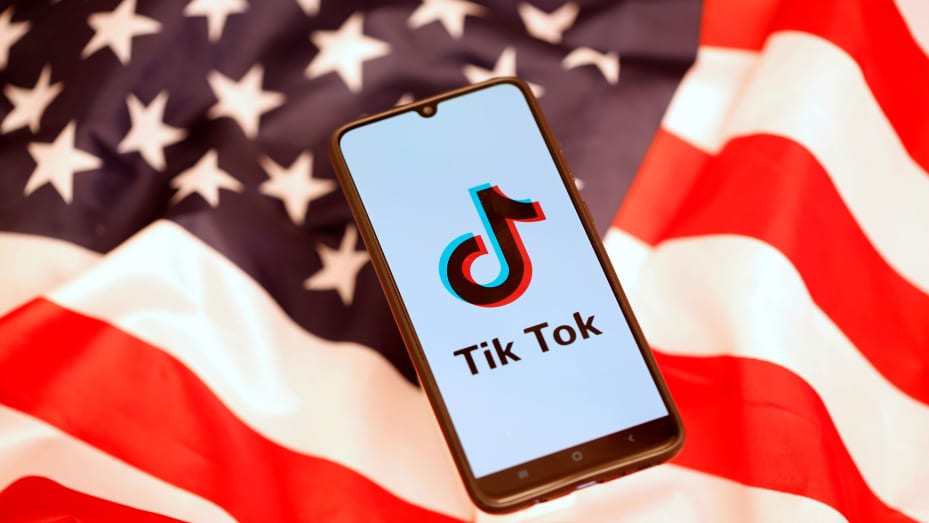
Restrictions on TikTok in the United States
The US House of Representatives has approved a bill that could force the app’s Chinese owner ByteDance to divest from the company — or face a ban.
The U.S. House of Representatives passed a bill on Wednesday that could see TikTok banned from the country. The bill, titled the “Protecting Americans from Foreign Adversary Controlled Applications Act,” targets the app’s Chinese ownership by ByteDance.
It requires ByteDance to divest from TikTok or face removal from U.S. app stores. The bill passed with significant bipartisan support, receiving 352 votes for and only 65 against.
Washington D.C. A proposed bill in the US House of Representatives could ban TikTok, the wildly popular social media app, due to national security concerns. Legislators fear the Chinese government could access user data and manipulate Americans through the app’s algorithm. The White House supports the bill, with President Biden indicating he would sign it into law.
However, the proposal faces opposition from millions of US TikTok users and civil liberties groups who argue a ban would violate freedom of speech. The bill must also clear the US Senate, where it may face revisions or be blocked entirely.
What's Behind the US's Push for ByteDance to Divest from TikTok?
The battleground of TikTok represents the latest arena in the ongoing competition between the United States and China, as Washington endeavors to counter potential foreign influence operations. Concerns among US lawmakers center around the possibility of ByteDance, the parent company of TikTok, being covertly influenced by the Chinese Communist Party.
ByteDance vehemently refutes these accusations, asserting that it operates independently from the Chinese government. In testimony before Congress in March, TikTok CEO Shou Chew emphasized, “ByteDance is not subject to ownership or control by the Chinese government; it remains a private entity.”
However, China has a track record of imposing strict regulations on its domestic technology companies. The Chinese government is notorious for its censorship of politically sensitive material and its efforts to block access to Western social media platforms and websites through its “Great Firewall.”
Marco Rubio, the Republican vice chairman of the Senate Select Committee on Intelligence, echoed these concerns during a recent hearing on “worldwide threat assessments.” He suggested that “every Chinese company, including ByteDance, operates under the control of the Chinese Communist Party.”
A speaker revealed that individuals controlling a company with a leading AI algorithm used by TikTok in the US can effectively predict users’ preferences by analyzing American data, potentially invading privacy. In response, US lawmakers and the White House advocate for TikTok’s sale to a Western entity to sever Chinese influence.
However, proposed legislation extends beyond TikTok to include other apps controlled by foreign adversaries or those engaging in data sharing agreements. This broader scope could impact popular Chinese apps like Temu and Shein, akin to the sale of Grindr in 2020 due to national security fears regarding potential data exploitation.



